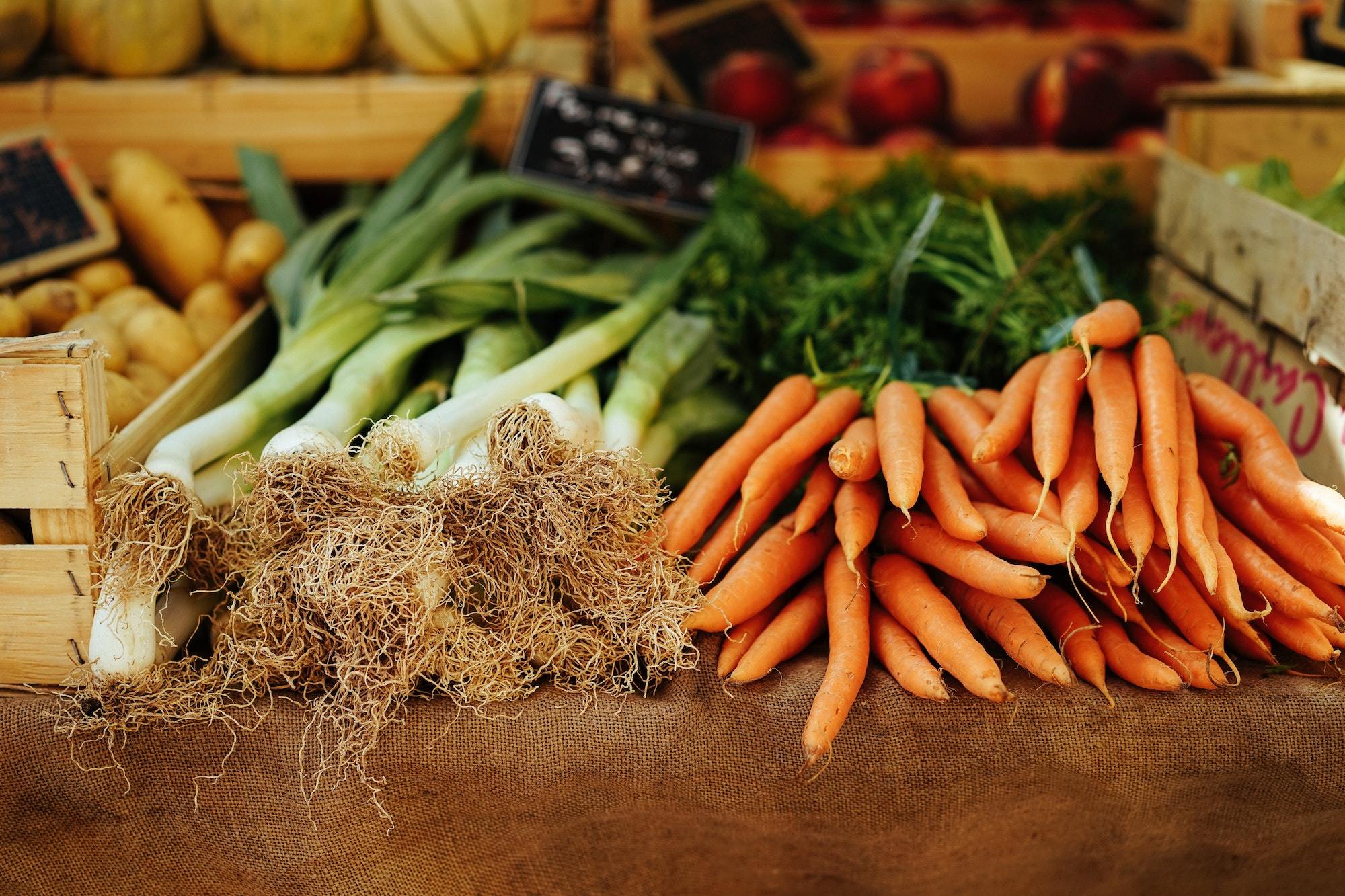Why shopping local is important

Shopping local might be something that some of us were doing, some of the time, before the pandemic swept across the world. Now, more people are starting to realise how important it is to support local businesses — but shopping local has a long list of other benefits, too.
What is localisation?
Localisation is pretty much what it sounds like: bringing things back to a local level. There's a big localisation movement gaining momentum at the moment, headed up by people like Helena Norberg-Hodge from Local Futures, and it encompasses a whole range of ideas and behaviours — from local farming projects to getting to know your neighbours.
The opposite of localisation is globalisation, which Norberg-Hodge calls, "the economic system that commercializes every aspect of our world, destroying culture, ancient traditions and communities."
What does it look like?
It looks like shopping at your local farm gate, farmers market or greengrocer for your fruit and vegetables, and checking that this produce has been grown locally (some shops still import certain out-of-season products). It looks like learning what's in season when, which is knowledge our ancestors would have been deeply aware of. It looks like being organised with your time so you don't get caught out at 6pm and have to go to the supermarket for supplies. It looks like getting your staples and non-perishables from the bulk food shop, your cosmetics and cleaning products from the health food shop, your bread from the bakery, your meat from the butcher's, fish from the fishmonger's and so on. It looks like checking before buying something online if there is a local option available.
What are the benefits?
1. Lighter carbon footprint
This is a no-brainer. If you purchase items that are made or produced locally, the whatever you're buying doesn't have to travel the same distance to reach you, meaning fewer carbon emissions.
2. Less plastic
While many supermarket products or items purchased from online stores come wrapped in plastic, buying from a local merchant means you can refuse unnecessary packaging.

3. Eating fresh, seasonal food
It's rare to go to the supermarket and not be able to find a certain fruit or vegetable. Obviously this isn't usually because that piece of food is available year-round, but because it's been flown in from some far corner of the world. Local food stores generally only stock in-season fruit and vegetables — and they haven't spent ages on the shelf.
4. Promotes self-sufficiency
We saw this year what happens when we rely on a global supply chain: things can go topsy-turvy pretty quickly. But there's no reason we can't produce the bulk of necessary items locally. Insanely, many countries import some of the exact same products that they export!

5. Builds community
If you already shop at a general store or fruit and vegetable shop, you know how nice it can be to interact with a familiar face each week, rather than the convenience of a machine. Localisation might also mean starting a community garden or food co-op.
6. Puts money in the hands of small businesses — not big global corporations
Governments subsidise big companies, which leads to monoculture (rather than diversity) and means that local farmers and producers struggle to make ends meet. It also means that it can be cheaper to buy processed, imported foods than fresh, local ones. Norberg-Hodge says that "ending subsidies for fossil fuels, pesticides, mechanized agriculture, and long-distance trade would enable healthy local food to become the cheapest and most accessible food on the market."

Shop Australian-made, plastic-free sunscreens and surf zincs










